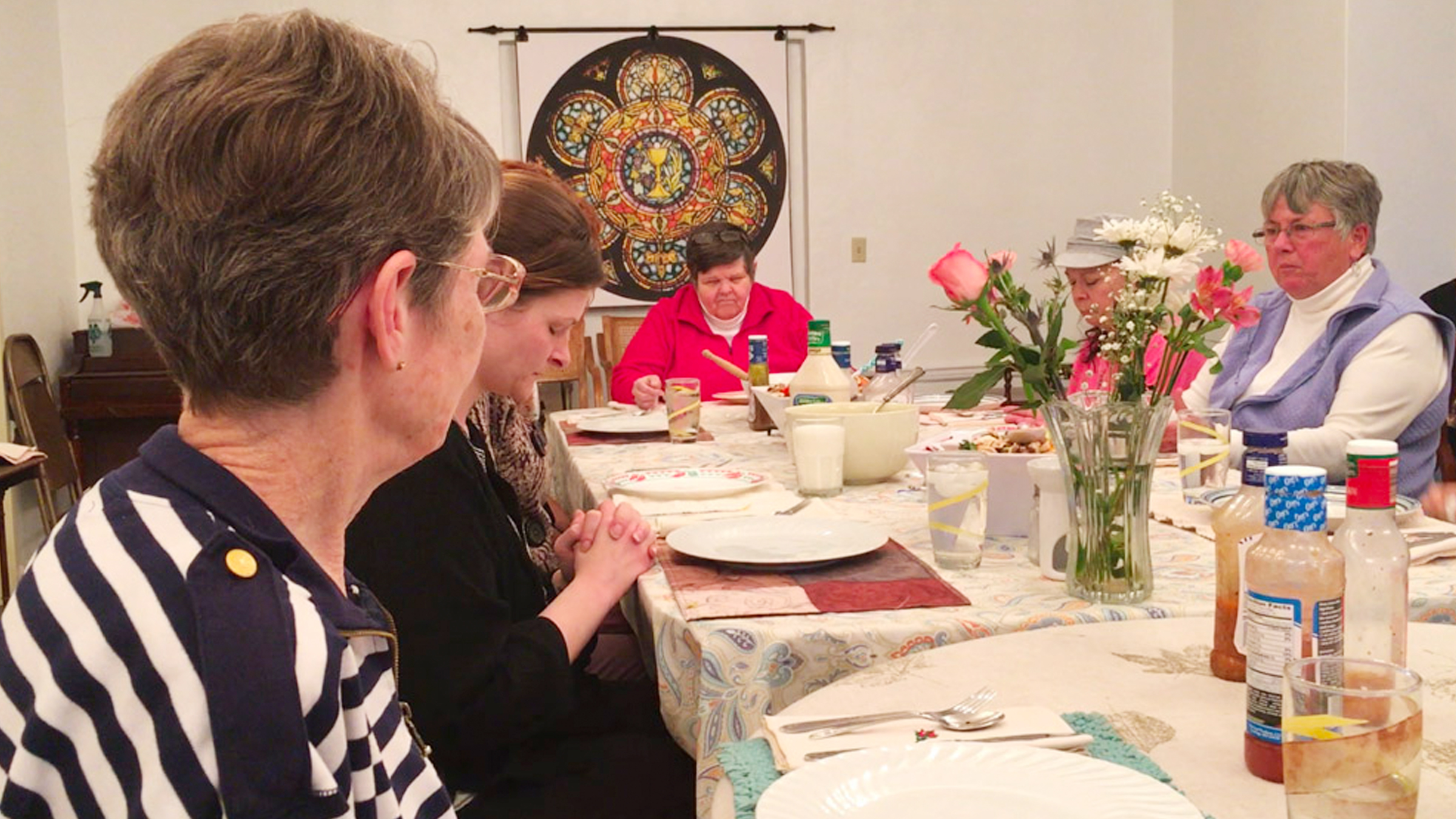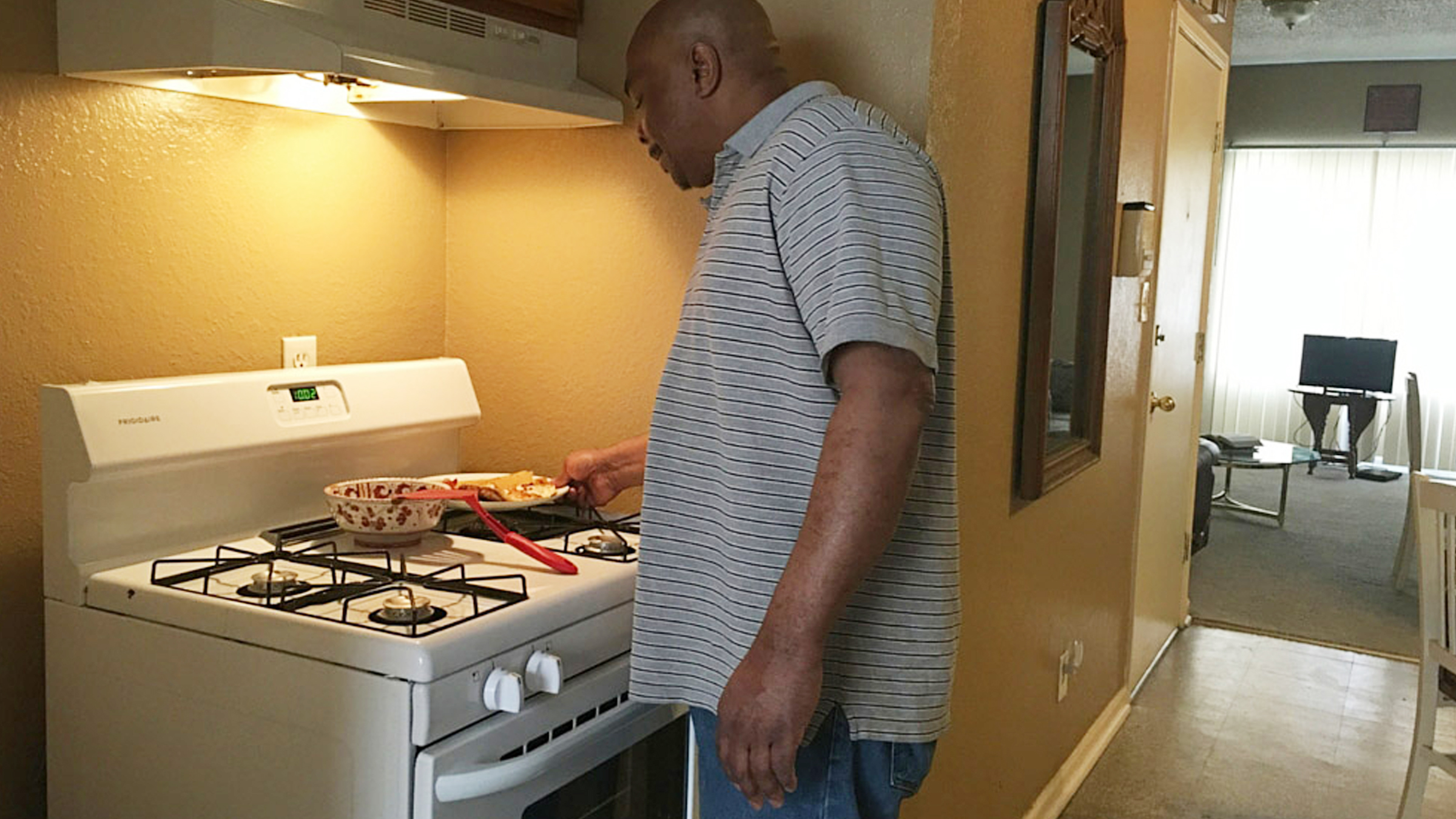
May was determined to find employment, but because of his criminal background, no one wanted to hire him, he says. He applied for jobs, but he was always turned down, if he got a response at all. He lived in a federal transitional house for six months, until Journey to New Life, a nonprofit in Kansas City, Missouri, helped him get an apartment and his first post-incarceration job. For that, he says, he is eternally grateful.
“Journey to New Life is the loveliest thing I have ever seen a day in my life,” May told Global Sisters Report. “They helped me with everything I needed help with, and they’re still helping me, even though I pay rent.”
In theory, once someone has served a prison sentence, they are free to move forward with life. In reality, however, many find that being released is merely the start of a new form of imprisonment — one in which they are barred from practically every aspect of mainstream society.
Many ex-offenders find themselves funneled right back into prison, either because they violated their parole by not having a job or an apartment or because they returned to the crimes that put them in prison in the first place.
Employers often don’t want to hire ex-offenders, and, at least right now, most job applications require job-seekers to check a box if they have a criminal record. New “ban the box” initiatives are seeking to prevent employers in the public sector from asking potential hires about their criminal history in the initial application process, but those policies are far from universal.
Most landlords choose not to rent to people with criminal records, and even getting public housing assistance is tricky with a felony drug conviction, which most ex-offenders have.
In decades past, a drug conviction also meant being banned from receiving food stamps, and while that policy is shifting now, 26 states still have at least some restrictions on an ex-offender’s eligibility for food assistance.

